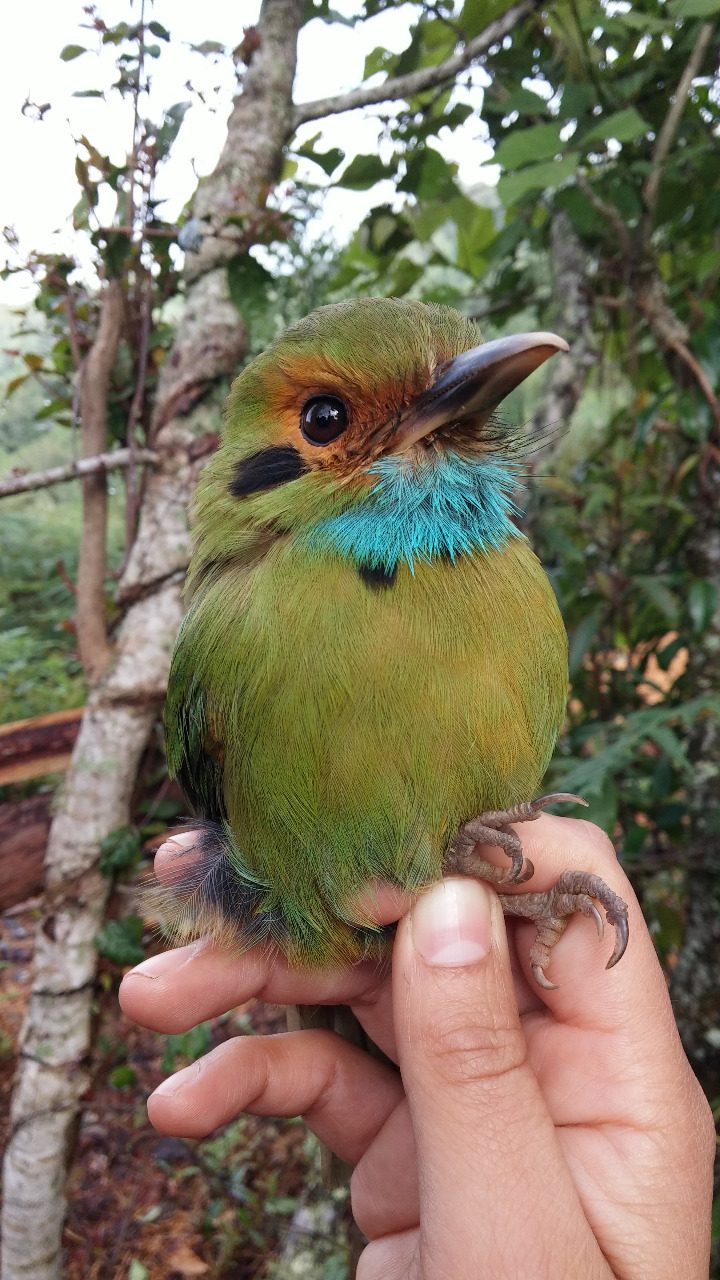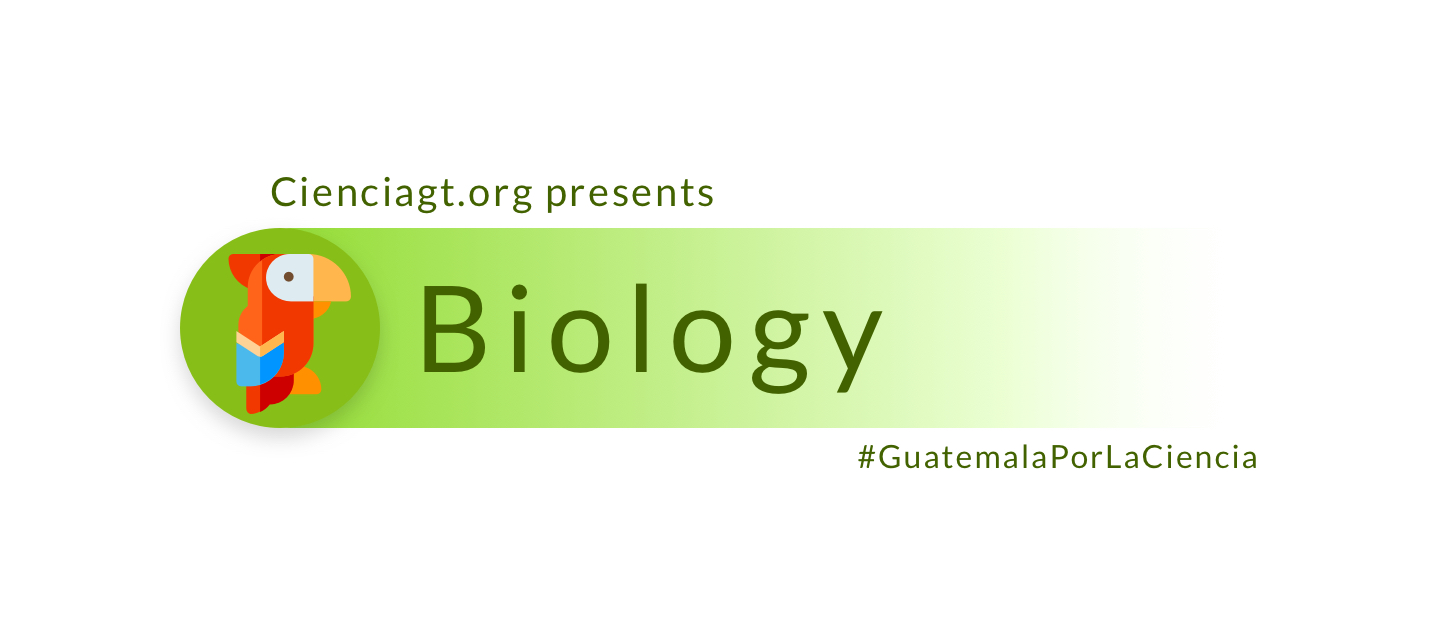When we talk about Biology, most of people think about studying animals and plants, and although this science does include the study of them, reducing it to only two groups is a mistake.
Biology is defined as the science that studies living beings, and as complex as living things are, so is this science.
As biologists, we study from the chemical composition of a cell, to the most complex relations that occur between complete ecosystems. Inside and outside these ends, there are several ramifications that are necessary to comprehend life. Biology can explain how a species evolved, the reasons of its current distribution, its behavior, the traits of its embryological development, how Earth was thousands or millions of years ago, the function of microorganisms, the relation between organisms of the same or different species, the function of different molecules in a system, and a lot more. And this, without considering that we can specialize in one type of organism and study all of the above on it.
Studying life is not easy, and in many situations we depend on other sciences and disciplines to explain itself or other phenomena in nature. With frequence, biology is involved with anthropology, sociology, politics, geography, medicine, engineering, technology and even economy. When working altogether, these disciplines aid in understanding the relationship between humans and nature, how we have influenced it, and how it has influenced and been useful to us. Furthermore, it is only with them that we can search for more sustainable ways to exist as humanity.

As part of nature, humans rely directly and indirectly on ecosystems and their services. However, in the last decades, natural resources have been so damaged that we are causing the sixth mass extinction in the history of Earth. Only in Guatemala, natural forest covers about one third of the territory and is restricted, almost exclusively, to Protected Areas.
This is why Biology is so important, because is through it that we can find solutions to problems that threat our own existence in Earth. And this is not all; even industries, like the pharmaceutical and food ones, have used the foundations that biology has settled to create new products that improve the life quality of humans. Medicine, through parasitology, physiology, biotechnology, and others, is no exception.
In Guatemala, we still have a lot to research and discover. Research opportunities in biology are huge, but are hindered by the lack of interest of authorities in funding and promoting any kind of science, specially if it benefits the common good.
This is why we march.
